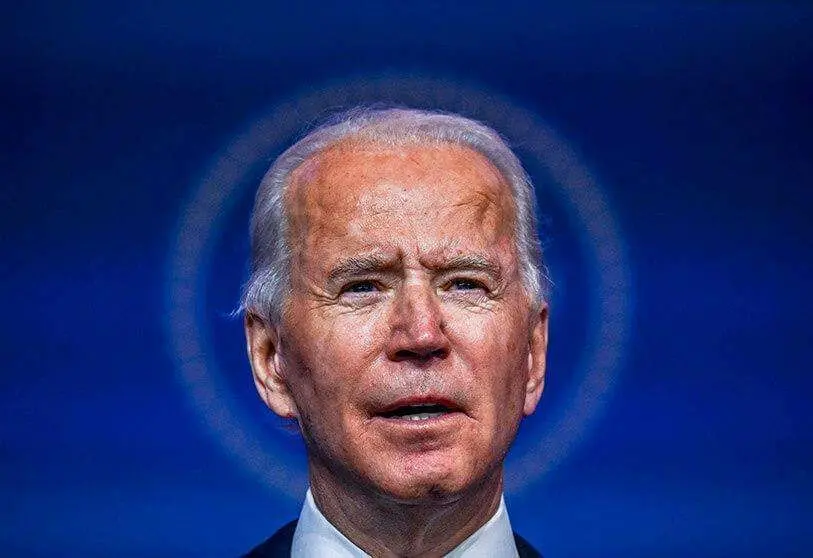Biden's America does not ease tensions

Not even the pandemic and its health emergency with millions of infections and deaths has reduced global tensions, nor has the prevailing lack of solidarity to defeat the SARS-CoV-2 virus together.
Even less have vaccines managed to escape the geopolitics of friction, mutual reproaches and sanctions which, over the last five years, have been straining the international, commercial and diplomatic relations of several countries whose economic, political and military weight is relevant to the global balance.
On the one hand, the year is moving forward with the focus on anti-COVID immunisations and economic recovery; on the other, the strategic appetites of the major powers are clashing.
The defensive arrival of Joe Biden at the helm of the United States has been a setback in easing tensions with several international actors while maintaining the tariff policy of Donald Trump, his predecessor in government, whom he criticised throughout his election campaign for his "crude" unilateral decisions.
In the area of current geopolitical confrontations, the American Union is widening its friction with Russia and China, distancing itself from Israel (unlike Trump, who tightened the US-Jewish relationship as never before) and Saudi Arabia (another essential ally).
At the same time, the European Union (EU), another of the preponderant actors, has taken a series of decisions that widen its distance from Russia and China and maintains an open and bitter post-divorce dispute with the United Kingdom, following Brexit.
For the time being, on the US security front, all the reports provided by the Pentagon to Biden place China and Russia as the two biggest challengers in the imminent threat stakes... indeed, above Iran or North Korea.
In Biden's White House speech on 4 February - in his positioning of his country's place in the world - the 78-year-old argued that it is time to "repair" ties with allies and reconnect with the world once again, not to talk about the challenges of the past but about the challenges of today and tomorrow.
"American leadership is imperative at this time of advancing authoritarianism, and here I include China's ambitions and its rivalry with the United States and Russia's determination to damage and disrupt our democracy," he stressed vehemently.
The increasingly close alliance between China and Russia is another cause for concern not only for the US but also for Europeans, especially for that part of Europe - the Eastern part - that lived under the so-called Iron Curtain for decades.
According to the BAV Group and the Wharton School, in 2020, the ranking of the global powers of the 21st century will be led by the United States, Russia, China, Germany, the United Kingdom, France, Japan, Israel, South Korea and Saudi Arabia.
A number of variables have been taken into account in this ranking: leadership, economic influence, political influence, strong international alliances and military strength.
The US will remain the global economic power until at least 2030; both BAV Group and the Wharton School highlight the US's strong military influence with an unbeatable annual budget.
In last year's balance sheet, the North Atlantic Treaty Organisation (NATO) reported defence spending of one trillion dollars by its thirty member states; the US spent 53% of that total with 784.952 billion dollars.
Russia follows this leadership and influence, which has a good military positioning, enjoys a geostrategic presence and global influence, but the size of its economy, measured by Gross Domestic Product (GDP), does not place it among the ten most important countries, such as the United States, China, Japan, Germany, Germany and the United States: United States, China, Japan, Germany, United Kingdom, France, India, Italy, Brazil and Canada.
Undoubtedly, an amalgamation of China and Russia's shared ambitions is not at all good news for Europeans who are in the midst of a dangerous sandwich with the Americans now pushing for an Alliance of Democracies against the powerful autocracies of the 21st century.

